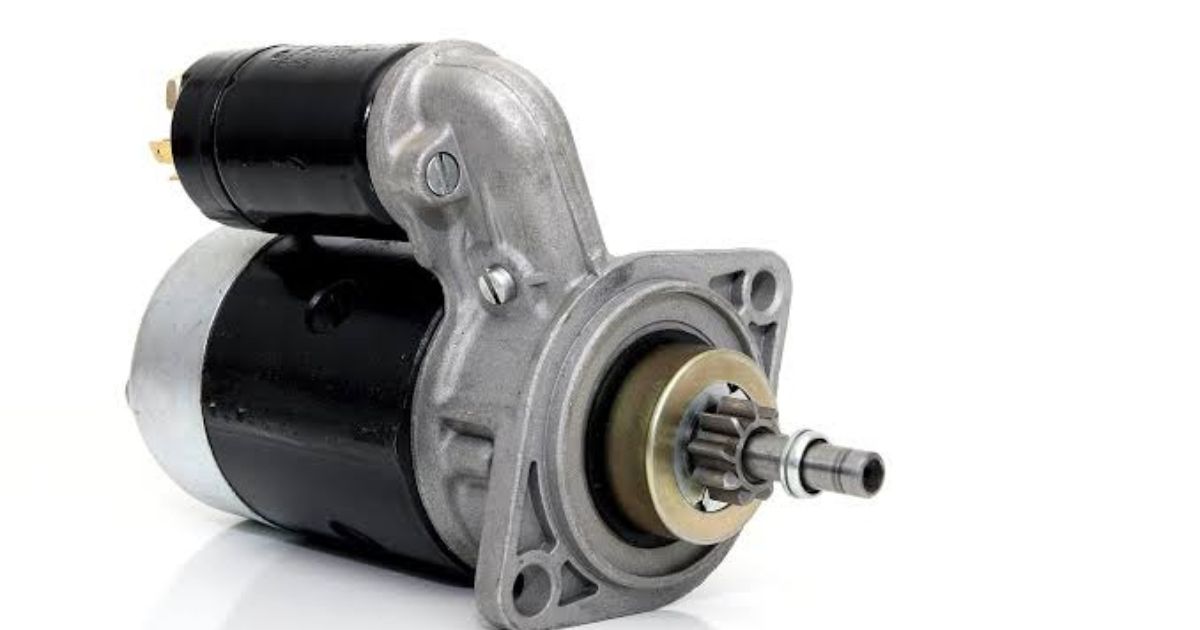Introduction
A vehicle’s starter motor is a crucial component that helps crank the engine when you turn the key or push the start button. If your car struggles to start, makes clicking noises, or doesn’t start at all, you may need a new starter. Understanding the cost of a starter replacement can help you budget for repairs. In this guide, we’ll break down the average cost of a starter, factors affecting the price, and whether DIY replacement is an option.
1. Average Cost of a Starter Motor
The cost of a starter varies depending on the vehicle type, brand, and whether it’s an OEM (Original Equipment Manufacturer) or aftermarket part. Here’s a general breakdown:
Price Range for Starter Motors
- Economy/Aftermarket starter: $50 – $200
- OEM starter: $150 – $400
- High-performance or specialty starter: $300 – $600
Labor Costs
- Professional installation typically costs $100 to $400, depending on vehicle complexity.
- Some vehicles require additional work, such as removing engine components, which increases labor time and costs.
Total replacement cost (parts + labor) ranges from $200 to $1,000, depending on the vehicle.
2. Factors Affecting Starter Motor Cost
Vehicle Make and Model
- Luxury and foreign cars tend to have more expensive starter motors.
- Common domestic vehicles usually have more affordable parts and easier installation.
OEM vs. Aftermarket Parts
- OEM starters are more reliable but cost more.
- Aftermarket starters are cheaper but may have variable quality.
Labor Complexity
- Some vehicles have easily accessible starters, reducing labor costs.
- Others require engine component removal, increasing the time and cost of installation.
3. DIY vs. Professional Installation
DIY Replacement
- If you have basic mechanical skills, replacing a starter yourself can save on labor costs.
- You’ll need wrenches, a jack, safety stands, and electrical knowledge.
- Some vehicles have the starter in hard-to-reach locations, making DIY more challenging.
Professional Installation
- A mechanic can replace the starter quickly and ensure proper installation.
- Shops may offer warranties on parts and labor, adding peace of mind.
4. Signs You Need a New Starter
✔️ Clicking noise when turning the key – A sign of a failing starter solenoid. ✔️ Engine doesn’t crank or starts intermittently – The starter may be worn out. ✔️ Dashboard lights on but no engine response – Electrical power is present, but the starter isn’t engaging. ✔️ Grinding noise – Could indicate a faulty starter gear or flywheel damage.
5. Where to Buy a Starter Motor
Local Auto Parts Stores
- Retailers like AutoZone, O’Reilly Auto Parts, and NAPA Auto Parts offer starters for most vehicles.
Online Retailers
- Websites like Amazon, RockAuto, and eBay provide various OEM and aftermarket options.
Dealerships
- Buying directly from a dealership ensures OEM quality but at a higher cost.
6. Final Thoughts
The cost of a starter motor varies based on the vehicle, type of starter, and installation costs. While DIY replacement can save money, hiring a professional ensures a proper and secure installation. Regular maintenance and checking your vehicle’s electrical system can help extend the life of your starter and prevent unexpected failures.
Would you like recommendations on the best starter brands?
